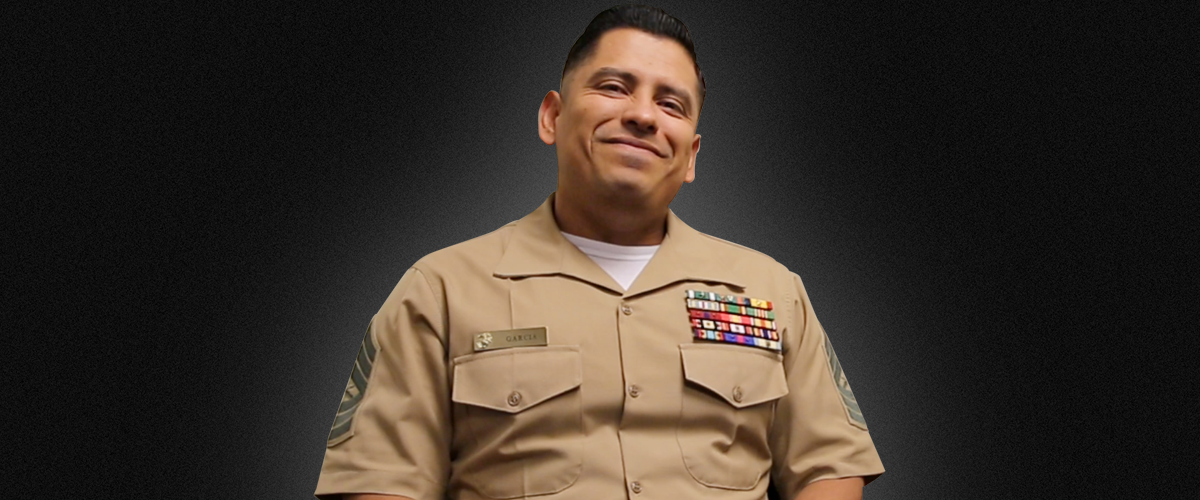The Strive - MSgt Juan Garcia

MSgt Juan Garcia details some of the dark moments and emotional turmoil he dealt with as a Marine as well as how he recovered.
This video was uploaded to DVIDS on 3.16.23, while SgtMaj Troy E. Black was the Sergeant Major of the Marine Corps.
Last Updated: 25 Mar 2025